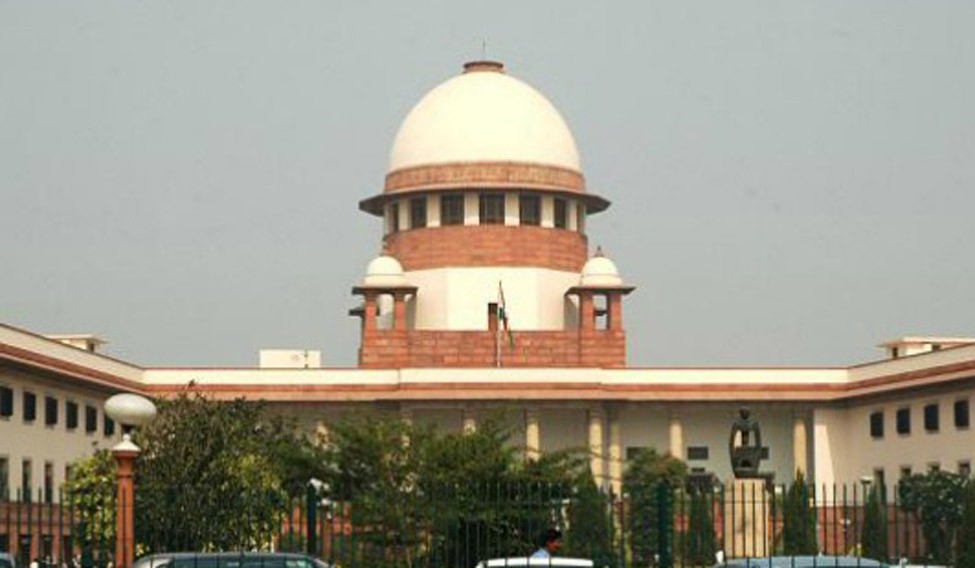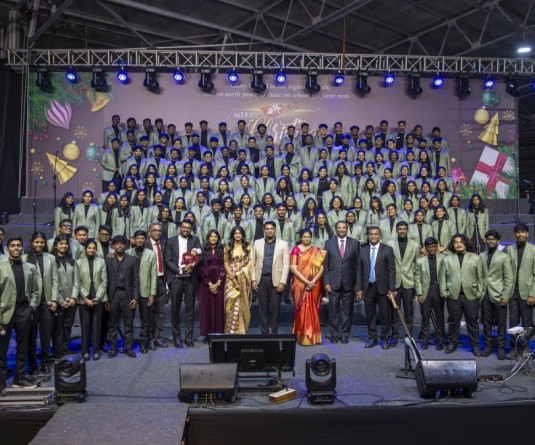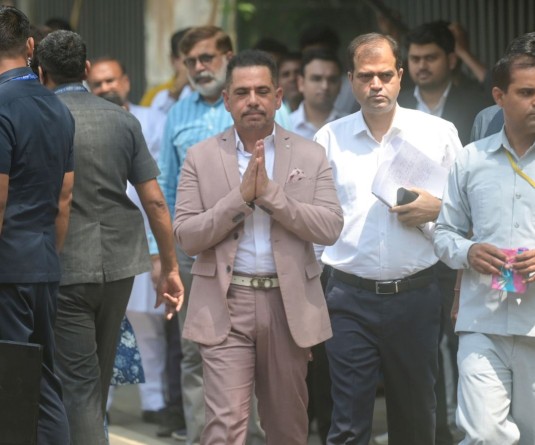Supreme Court of India. (PTI File Photo)

New Delhi, February 4 (PTI): The Supreme Court Friday said a consent decree cannot be modified unless the mistake is patent or obvious, otherwise there would be a danger of every such decree being sought to be altered on this ground or misunderstanding by a party.
The apex court dismissed an appeal against the 2019 judgement of the Delhi High Court which had rejected an application filed under the relevant sections of the Code of Civil Procedure (CPC) seeking modification of its earlier order.
The high court, in its earlier verdict, had decreed a suit in terms of the settlement agreement between the parties.
A bench of Justices L N Rao and B R Gavai said that a judgment by consent is intended to stop litigation between the parties just as much as a verdict resulting from a decision of the court at the end of a long drawn-out fight.
The top court said it is unable to agree with the contention of the appellant's counsel that there was a mistake committed while entering into a settlement agreement due to misunderstanding.
The bench said correspondence between the advocates for the parties would show that there is no ambiguity or lack of clarity giving rise to any misunderstanding.
Even assuming there is a mistake, a consent decree cannot be modified/ altered unless the mistake is a patent or obvious mistake. Or else, there is a danger of every consent decree being sought to be altered on the ground of mistake/misunderstanding by a party to the consent decree, the bench said in its verdict.
For the foregoing reasons, we uphold the judgment of the high court and dismiss the appeal, it said.
The bench noted that a consent decree would not serve as an estoppel, where the compromise was vitiated by fraud, misrepresentation or mistake.
The court in exercise of its inherent power may rectify the consent decree to ensure that it is free from clerical or arithmetical errors so as to bring it in conformity with the terms of the compromise, it said.
The apex court said a court can entertain an application under section 151 of the CPC for alterations or modification of the consent decree if the same is vitiated by fraud, misrepresentation or misunderstanding.
The bench noted that when the suit was filed in the matter before the high court, it had passed an ex-parte ad-interim order of stay in November 2018 and thereafter the parties were referred to mediation.
It further noted that after a detailed correspondence and exchange of e-mails between the counsel appearing for the parties, a settlement was arrived at and the high court had decreed the suit in July 2019 in terms of the settlement agreement.
The apex court said that subsequently, an application was filed in the high court by the appellant for modification of the July 2019 verdict.
The bench said a close scrutiny of the correspondence between the parties would show that the settlement agreement was arrived at after detailed consultation and deliberations.
Disclaimer: This story is auto-generated from news agency feeds and has not been edited by The Morung Express.
Source: PTI






